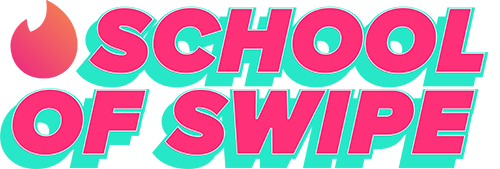What’s the big deal about Love & Care?
Dating isn’t just about what you say, it’s also how you show up. For yourself. For the people you’re into. For the friends who’ve seen it all.
Because dating takes more than a good opener.
It takes boundaries. Self-worth. A little emotional regulation. And knowing when to give yourself some time. It takes a little Love and Care.

Sera Bozza

Kriti Gupta
This course has been created in collaboration with Kriti Gupta (Culturally Grounded Mental Health Advocate & Media Voice) & Sera Bozza (Evidence-Based Dating Coach and Tinder’s dating expert in Australia). It’s designed to help you feel more grounded, intentional, and emotionally aware while dating, but without losing your sense of self in the process.
Whether you're just getting back out there, deep in the dating trenches, or supporting a friend who is, Tinder Love & Care is here to support you on your dating journey.
Throughout the course, you'll hear from both Kriti and Sera, who’ve actually lived through the stuff we're talking about, who’ll share real-life scenarios and practical strategies that don’t sound like a textbook.
Together, we’ll unpack the often unspoken side of modern dating: how to protect your peace, explore what you want (even if it keeps changing), communicate clearly, bounce back from rejection, and support others.
By the end of this course, you’ll have a clearer sense of how to date — and relate — with more care. For yourself. For the people you meet. For the ones you walk away from.
We’re going to walk through four key areas, using text, videos, real-life examples and self-reflection prompts to help you figure out what care actually looks like in the way you date.
In this course, you’ll be exploring:

Protecting your peace
Understanding your limits, listening to your gut, setting boundaries, and learning to pause before you crash.
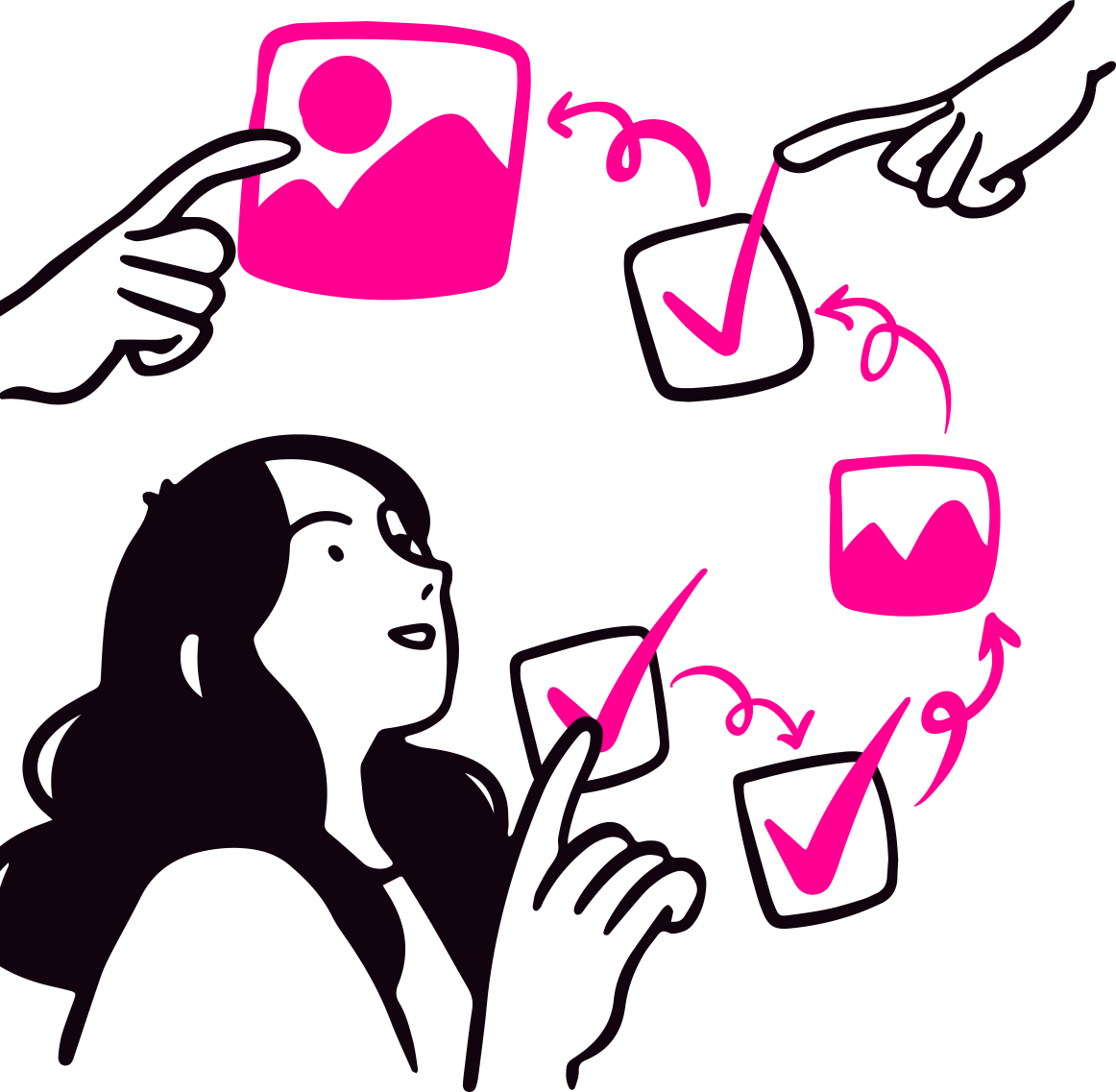
Dating in all directions
Exploring your sexuality, intimacy, communication, and what you actually want from dating (even when that changes).
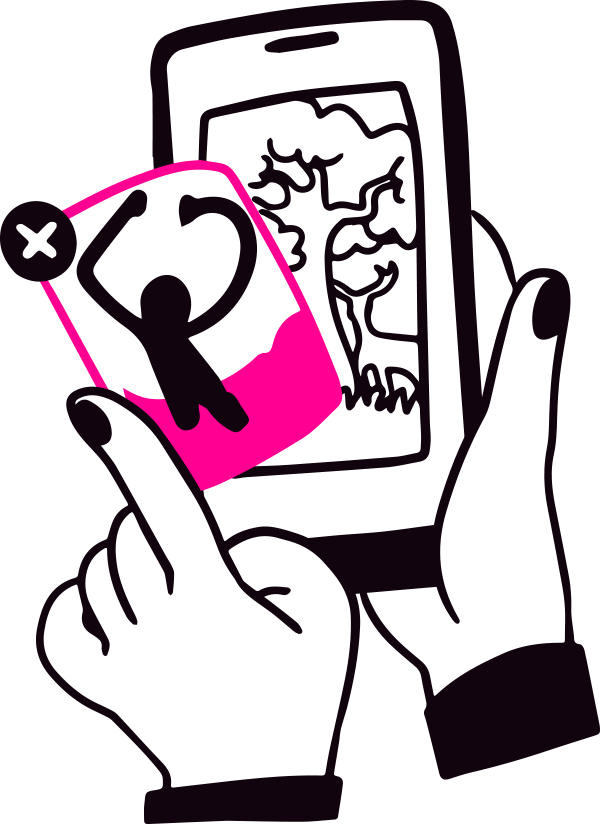
Flags, Gut Feels & Ghosting
Spotting patterns, noticing red flags, building trust, and walking away with less damage.
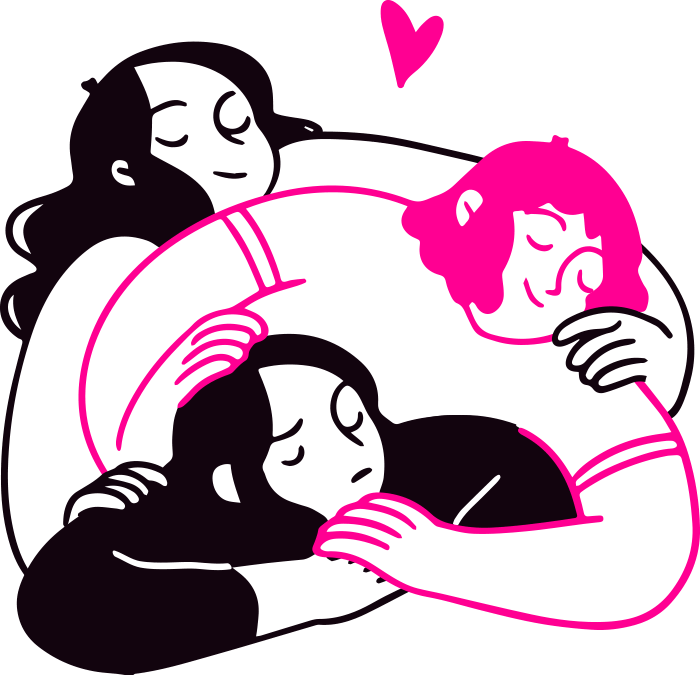
Supporting Others
Being there for your people without burning yourself out.
It’s one thing to know what care looks like, it’s another to practice it in real time, in real conversations, with real people. That’s why we’re here. So let’s begin.
Boundaries, burnout, and emotional capacity
What does it actually mean to "look after yourself" while dating?
Dating should add to your life, not drain it. But when you’re already juggling work, friends, family, and your own mental health, it’s easy to lose track of what you actually need. Protecting your peace means knowing your limits, honouring your emotional capacity, and remembering that your self-worth doesn’t depend on someone else’s attention.
This module is about building the tools to:





According to Tinder research1, 95% of surveyed Aussies say wellness is important in their lives.
And 92% surveyed agree that self-love is key to a successful relationship. But what does that actually look like in practice, when your match is asking to hang out and you haven’t slept properly in three days? Or when your partner wants more closeness and you just want space?
This isn’t about being high maintenance. It’s about having maintenance. And learning how to listen to yourself before things unravel.
1One Poll survey on behalf of Tinder for 1,000 Aussies aged 18-25 in July 2024.
Kriti Gupta answers your burning questions around Protecting Your Peace
Whether you’re over it, easing back in, or actively trying to do better, this is the space to reflect on what dating does to your energy, and what it takes to protect it.
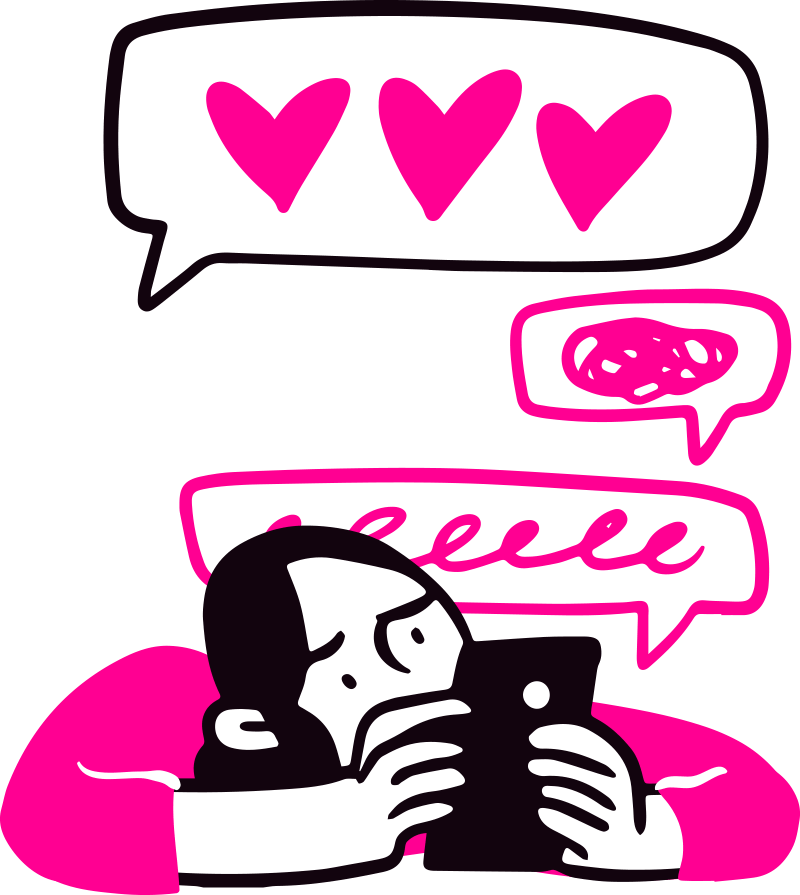
Dating’s never a straight line. It twists, you spiral, and it throws curveballs you didn’t see coming. One minute it’s butterflies and late-night texts, the next it’s mixed signals or wondering how to bring up intimacy without making it weird.
This module is about navigating dating’s different directions with honesty and confidence. Not by memorising “rules.” Rules don’t make dating easier; they just make it boring.
What matters is learning how to handle the messy, human middle ground where dating actually happens! The goal isn’t to get it perfect, it’s to get real.
Sera Bozza answers your questions around Dating in All Directions
Being able to handle all of dating’s different directions comes down to one thing: tolerating the discomfort of saying what you want.
That’s the trade-off: some nerves now, for a dating life that feels like yours.
Every awkward conversation you dodge only adds to the confusion. Every one you face head-on builds the muscle you need in a healthy relationship.
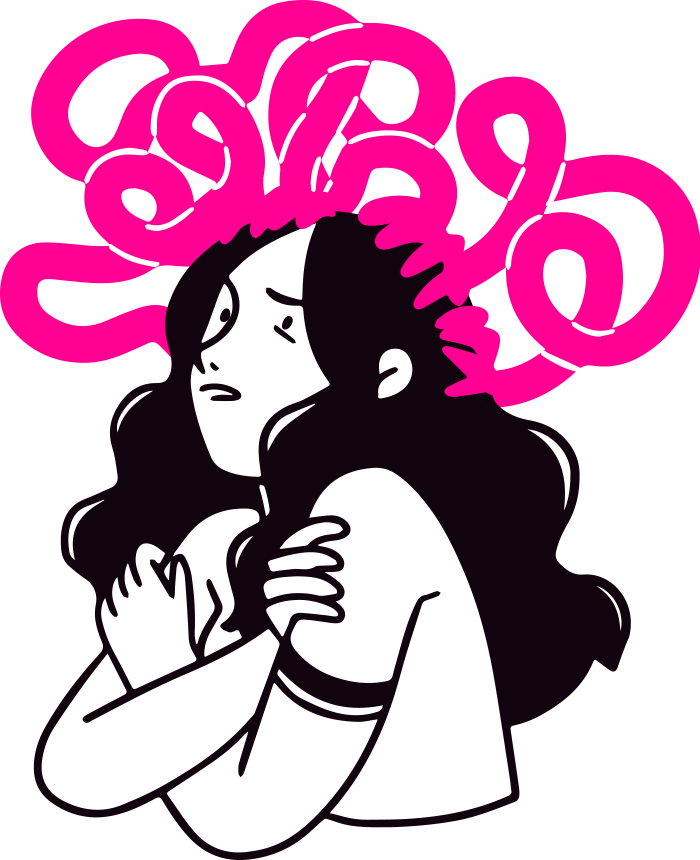
Dating isn’t just about butterflies and banter. It’s also about the signals, both subtle and screaming, that tell you whether to lean in or back away.
Sometimes your gut nails it, sometimes it spirals, and sometimes you ignore it until you’re knee-deep in red flags, wondering how you got there.
This module is about learning to tell the difference. To trust your instincts without letting fear run the show.
The goal isn’t to avoid every bad experience. That’s impossible. The goal is to stop doubting yourself, learn from what shows up, and move faster toward the people who can actually meet you.
Sera Bozza answers your questions around Flags, Gut Feels and Ghosting
Conclusion:
Flags, gut feels, and ghosting all come down to this: trusting yourself. Your discomfort isn’t a flaw, it’s information!
Ignoring your needs doesn’t make you tougher. Listening to them makes you free. Every time you do, you get clearer, bolder, and closer to the kind of connection that feels natural instead of exhausting.
Dating isn’t about chasing people until they finally want you. It’s about noticing who feels good to be around, and choosing them!
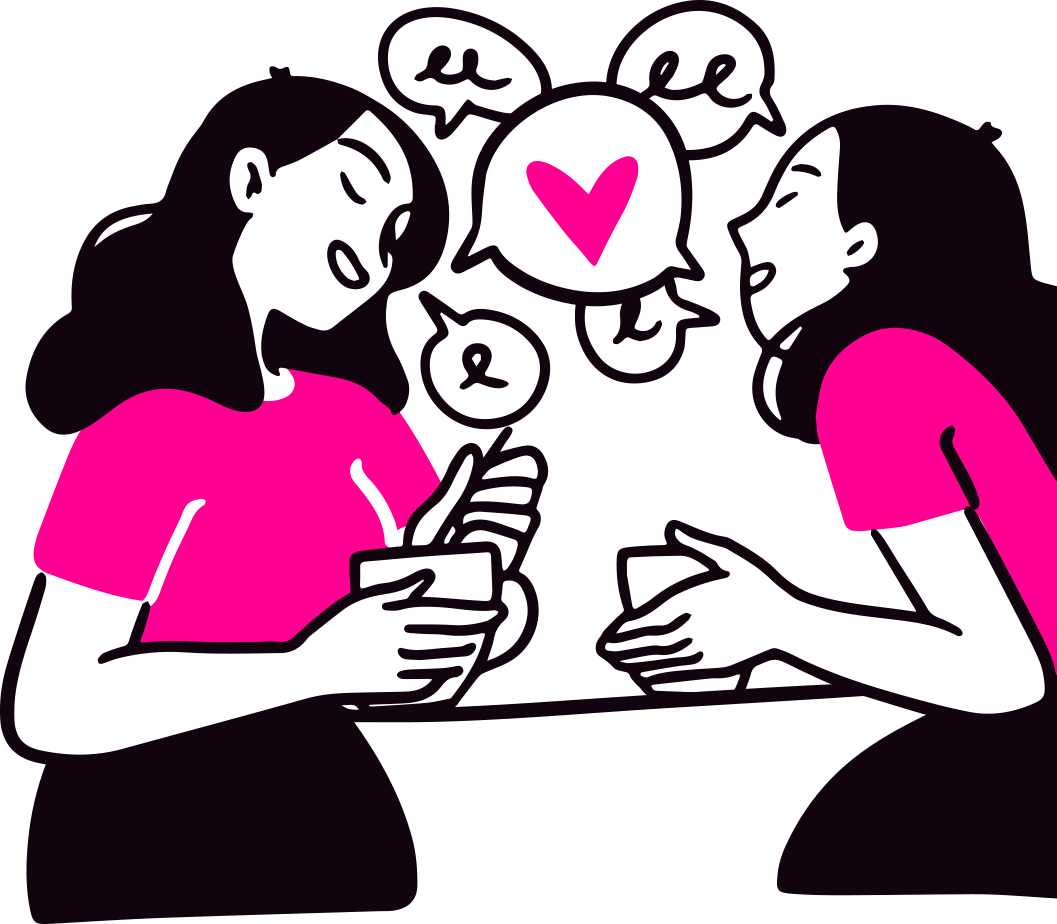
Supporting a friend through heartbreak or crisis can feel heavy. You want to be a good mate, but where’s the line between healthy helping and absorbing everything yourself? This module is about emotional support that’s sustainable: what it looks like to show up, listen well, and protect your own mental health at the same time.
We’ll cover:
- How to support a friend through breakups and confidence dips.
- Avoiding burnout and emotional labour overload.
- Recognising when your help is actually enabling.
- Supporting survivors with care and boundaries.
- Knowing when to step back and encourage professional support.
According to Tinder research1, 87% of surveyed Aussies say having supportive friends improves their overall wellbeing.
And 79% surveyed believe that boundaries are just as important in friendships as they are in dating. But what does that look like in practice, when your mate calls you every night at 2am, or when you’ve spotted something worrying and don’t know if you should step in?
This isn’t about doing everything for someone. It’s about doing the right things; listening without judgment, validating without fixing, and showing up in ways that are sustainable for you too.
1One Poll survey on behalf of Tinder for 1,000 Aussies aged 18-25 in July 2024.
Kriti Gupta answers your questions around Supporting Others
Big Picture:
Good support doesn’t mean fixing everything. It means being steady, compassionate, and clear on your own limits. When you protect your energy, your care has more impact, and it lasts longer.

